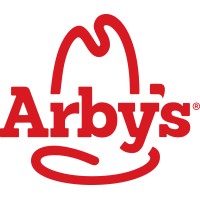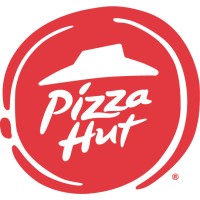
Arby's
Arby’s, founded in 1964, is the second-largest sandwich restaurant brand in the world with more than 3,400 restaurants in seven countries. Arby’s is part of the Inspire Brands family of restaurants. For more information, visit Arbys.com and InspireBrands.com With the current growth and momentum of the brand, Arby’s is actively seeking new franchisees. To learn more about available markets and requirements, visit ArbysFranchising.com






